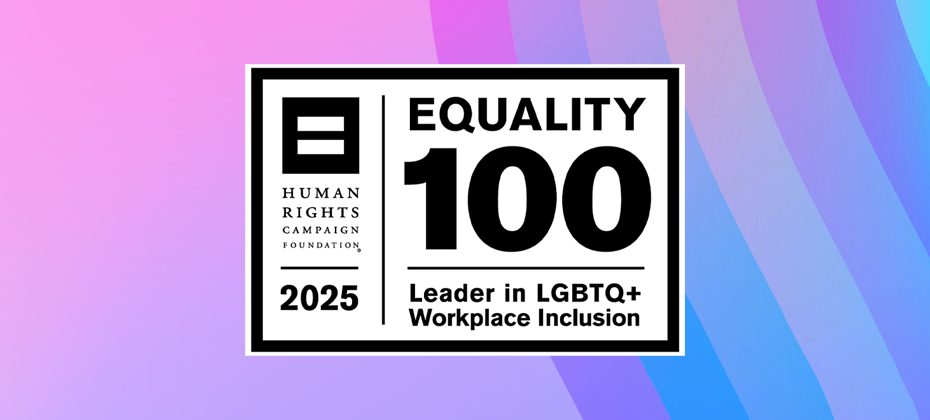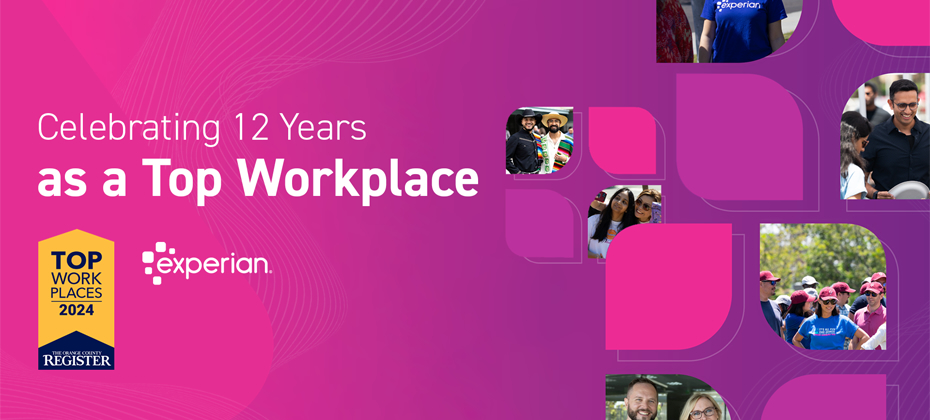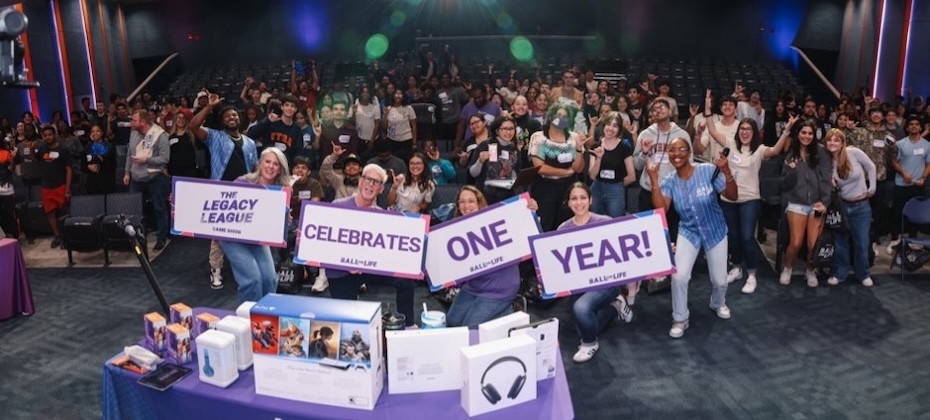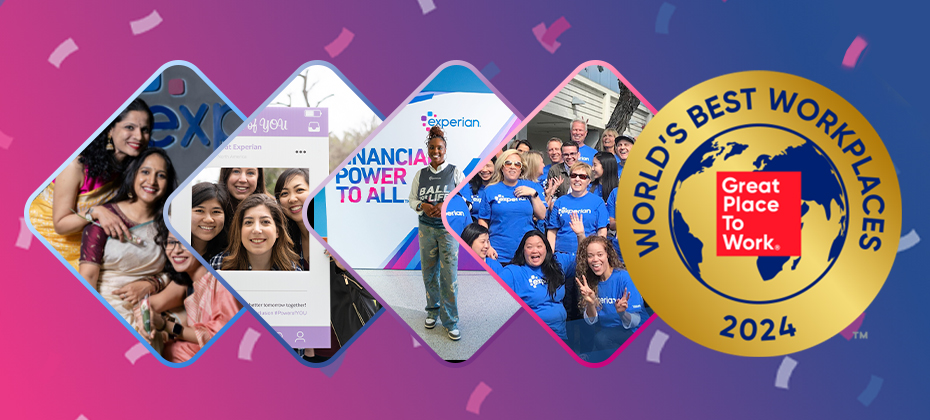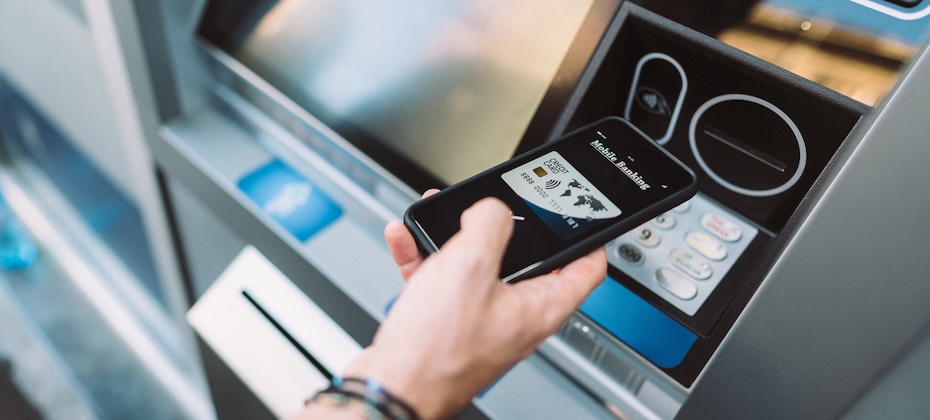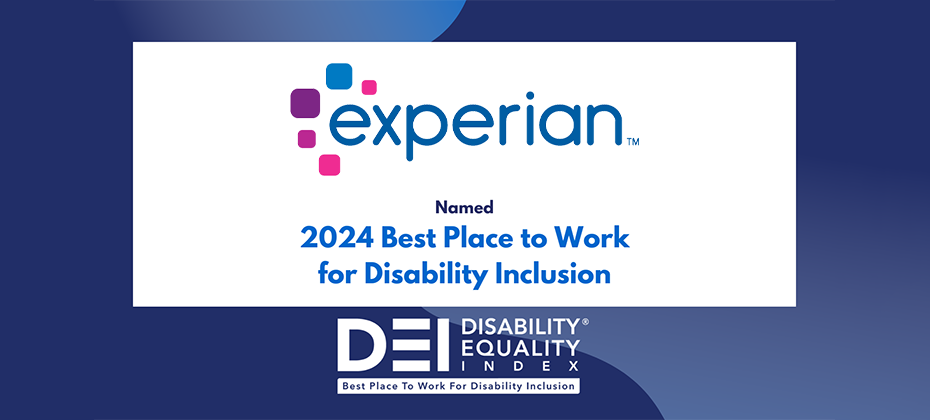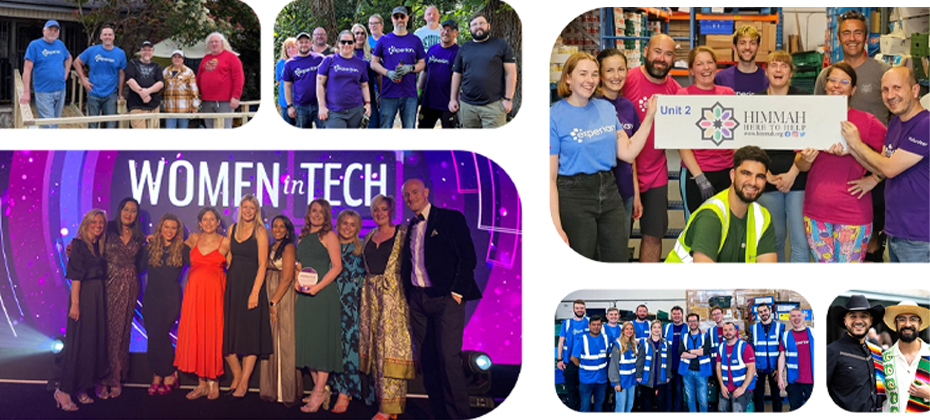At A Glance
At a Glance When an unknown printer took a galley of type and scrambled it to make a type 2ince the 1500s, when an unknown printer took a galley of type and scrambled it to make a type specimen book. It has survived not only five centuries, but also the leap into electronic typesetting, remaining essentially unchanged. It was popularised in the 1960s with the release ince the 1500s, when an unknown printer took a galley of type and scrambled it to make a type specimen book. It has survived not only five centuries, but also the leap into electronic typesetting, remaining essentially unchanged. It was popularised in the 1960s with the releaseince the 1500s, when an unknown printer took a galley of type and scrambled it to make a type specimen book. It has survived not only five centuries, but also the leap into electronic typesetting, remaining essentially unchanged. It was popularised in the 1960s with the releaseince the 1500s, when an unknown printer took a galley of type and scrambled it to make a type specimen book. It has survived not only five centuries, but also the leap into electronic typesetting, remaining essentially unchanged. It was popularised in the 1960s with the releaseince the 1500s, when an unknown printer took a galley of type and scrambled it to make a type specimen book. It has survived not only five centuries, but also the leap into electronic typesetting, remaining essentially unchanged. It was popularised in the 1960s with the release

A little more than a year removed from the beginning of the pandemic, and we’re still seeing many of the most vulnerable and underserved communities struggling to find a stable financial foothold. These are consumers with little to no credit history and are often underrepresented in the network of bank branches and sometimes less familiar with what’s available to them in the consumer credit system. The pandemic has taken a toll on the fabric of our financial ecosystem, and we need to help these consumers get back on their feet. That’s one of the reasons we’ve partnered with the 100 Black Men of Greater Washington, D.C. Together, we’re launching a broad financial health initiative to assist multiple African American communities suffering COVID-19-related hardship. But the partnership is just one of the ways Experian is assisting marginalized and underserved communities. Addressing Financial Inclusion Experian is deeply committed to helping marginalized and low-income communities access the financial resources they need to live. That’s why we’re working to ensure we find ways to help underserved consumers gain access to fair and affordable credit by assisting them in building their credit profiles. We view ourselves as “The Consumers’ Bureau,” and it’s our commensurate responsibility to do everything we can to drive financial inclusion. We are working side-by-side with lenders, credit scoring companies and consumers to eliminate credit invisibility and improve financial equity. Our teams at Experian, diverse as they are, feel passionate about this very important mission. We understand that a big part of the solution relies on bringing new sources of data into our credit files, so that credit scores reflect all of a consumers’ relevant financial behavior. We strongly believe that these new sources of data will augment and thereby enhance our current credit data as an effective means for lenders’ assessment of a consumer’s financial situation. There’s a percentage of the population—on average, it’s 17% of Americans, measured by FICO—who are excluded from the credit economy because they simply lack a credit history. To that end, we’ve been a pioneer in using rental, utilities and telecom payment data to help broaden credit access for consumers. Boosting 6 Million In fact, more than two years ago, we created Experian Boost, which was a first-of-its-kind service designed to help consumers instantly improve their FICO® Score by giving them credit for on-time utility, telecom and streaming service payments. All of those elements are conceived to be part of people’s credit scores, however utility and cell phone providers have not collaborated to report their data to all credit bureaus. With Experian Boost, we empower consumers to report the data themselves, and more importantly, 70% of consumers benefit from doing so, seeing an uplift in their credit score. And to date, more than 6 million consumers have used Experian Boost with over 50 million cumulative points added to FICO Scores across the US. Our Commitment to Financial Health But our commitment doesn’t end there. Consumer credit education and best practices are key to setting marginalized consumers up for financial success. Through Experian’s United for Financial Health initiative—we’re empowering vulnerable people and communities to improve their financial wellbeing through that very belief. In addition to our partnership with the 100 Black Men of Greater Washington, D.C., we’re working closely with Operation HOPE, Black Girl Ventures, and NAACP Empowerment Programs, to help disenfranchised groups improve their credit standing, provide entrepreneurial education for Black and Brown women entrepreneurs, and offer grants to help homeowners at risk of losing their homes In addition to our consumer credit education initiatives with our partners, we continually push credit education materials and programming through our own social media channels and community outreach efforts. In honor of Financial Literacy Month, we’re hosting a #CreditChat on Wednesday, April 28 at 3 p.m. ET, entitled, Closing the Financial Literacy Gap in Underserved Communities. We believe helping underserved communities better understand the credit ecosystem and equipping them with the tools and knowledge to improve their credit standing, are mission critical to a healthier financial life. And we’re hopeful this #CreditChat discussion is another step forward in that journey. We won’t rest until the job’s done. We’ll continue to innovate and find new ways to use data in the credit scoring process, and work arm-in-arm with consumers and lenders to improve financial access. Through our investments in data and advanced analytics, we’ll continue to help lenders identify consumers who are excluded from the credit ecosystem, but who can fulfill their financial obligations and pay responsibly. We want to empower consumers to take control of their financial lives, and will continue to take strides to do so.

As the demand for digital transactions exploded due to the pandemic, businesses transformed operations and had to forecast how to balance the ever-increasing trend while managing customer expectations. New research from Experian’s 2021 Global Identity and Fraud Report shows that as more consumers go online, expectations for a secure experience are higher than ever and that the types of security consumers expect are shifting towards invisible protection. Our research found that 2 out of 3 businesses have increased concern about the overall level of fraud since the pandemic. Unsurprisingly, security is still a top concern for consumers, with 55% citing security as the most important aspect of their online experience. However, consumers are also looking for methods of data protection that are both convenient and trustworthy. One of the report’s most significant findings was the increasing comfort and preference that consumers have for physical and behavior-based—or invisible—methods of security. 74% of consumers ranked physical biometrics first based on their perceived security physical biometrics, followed by pin codes sent to cell phones at 72%, and behavioral analytics requiring no effort from the consumer third at 66%. Notably, passwords didn’t earn a spot in the top three preferred methods for authenticating customer identity, even though nearly every digital account and device includes some sort of password protection. This indicates a new shift in consumer thinking that moves away from the realm of the password. Businesses have an opportunity for a new approach to security, layering visible and invisible methods. By leveraging data and observations garnered throughout the customer journey, companies can facilitate accurate recognition and authentication at each discrete decision. The same insights that companies use to improve the customer experience power that continuous authentication—and reduce friction across the customer’s journey. In a post-pandemic landscape, businesses that prioritize security in a convenient format will meet and exceed consumer expectations. The 2021 Global Identity and Fraud Report is composed of three waves of survey data collected throughout the pandemic. The business and consumer surveys span from June 2020 to January 2021 across 10 countries including Australia, Brazil, Germany, France, India, Japan, Singapore, Spain, United Kingdom and the United States. Click here to view the full 2021 Global Identity and Fraud Report.

During a year of the pivot, Experian North America remained focused on our purpose: Creating a Better Tomorrow. It’s not just a marketing tag line. It’s the lens through which we care for our employees, and how they in turn fuel innovations to serve our communities when they need help the most. That’s why this year’s 31 ranking in the Fortune "100 Best Companies to Work For" is so incredibly meaningful. For this year’s national award, two elements were considered: confidential employee feedback and the programs companies created to support people and communities in response to COVID-19. The employee surveys were distributed last summer, in the thick of pandemic restrictions and lockdowns. All around, we saw improvement: 50 percent of employees responded to the surveys (compared to 43 percent the year before), and 92 percent of employees attest that Experian is a Great Company to Work For (compared to 86 percent the year before). We’ve worked hard to build an employee culture over the past several years that continuously strives for inclusion and equity. This foundation became instrumental to how we navigated the past twelve months. Our employee resource groups took the lead to support our colleagues with the creation of a dynamic mental health and well-being guide, producing programs that brought awareness and support during social unrest and the rise in racism, and arranging annual celebrations to provide a touch of “normalcy.” Through a year that also included natural disasters such as the arctic blast, wildfires, storms and flooding, we have been there for each other. From free credit reports for consumers and small businesses, to products and services that enable governments, healthcare providers and nonprofits to prepare for and serve populations in crisis, Experian North America’s workforce leveraged diversity of perspectives, backgrounds and experiences to help vulnerable populations in crisis from COVID-19. Even through lockdowns and restrictions, employees logged 18,000 volunteer hours to increase financial inclusivity, support frontline healthcare workers, honor the nation’s military and veterans, and fight hunger. The Human Rights Campaign Foundation gave Experian North America a perfect score in its Corporate Equality Index for the third year in a row, and the company earned its recertification as a Great Place to Work. It has been named one of the top 10 Fortune’s Best Workplaces in Financial Services and Insurance, and a Comparably Top 50 company for Best Outlook 2021. Experian Costa Rica, part of our North America region, also earned Great Place to Work honors for the third year in a row. Our purpose runs deep. We put our people at the heart of how we run our business and it guides how we serve our consumers, clients and each other. We will continue this momentum of the 2021 Fortune 100 Best Companies to Work For by helping to drive financial inclusion and equity, growing our business through innovation, and creating opportunities for our coworkers to thrive and build meaningful careers.

Today is Transgender Day of Visibility. A day to celebrate trans people around the world, highlighting their experiences, perspectives and also unfortunately spotlighting the discrimination and challenges they still face. A recent report from TotalJobs found that the number of trans workers in the UK surveyed who said they hid their gender identity at work has risen in the past 5 years – from 52% in 2016 to 65% in 2021. It also found that 43% of trans employees surveyed said they had left a job because the environment was unwelcoming, up from 36% in 2016. This should make us all sit up and want to take action. At Experian, we want colleagues of all gender identities to feel comfortable and safe bringing their whole selves to work. We’ve been working hard on how we can continue to improve the support we offer our trans and non-binary colleagues. We realise that choosing to be open about one’s gender identity is a very personal decision, but all trans and non-binary employees should feel safe at Experian if they choose to disclose. Last year we re-wrote our Transitioning at Work policy to ensure it is reflective and inclusive of the experiences and identities of employees who may use it. We offer paid leave to attend medical appointments and we also provide help in changing your records on our systems. Where an employee chooses to disclose information about their gender identity or status, we treat this information with the utmost confidentiality. We never share this information without the written consent of the individual. We encourage our employees to self-identify and recognise the issues in the current Gender Recognition Act. In September, we supported Stonewall’s Trans Right are Human Rights campaign, pushing for its reform. We continue to monitor the progress that has been made but also progress that is yet to come. It’s important you know that Experian will never ask for you to show a Gender Recognition Certificate (GRC) and we respect your right to privacy as to whether or not you have one. At Experian, we take an always listening, always learning approach to building awareness and acceptance. Creating safe spaces for meaningful dialogue is something we really strive for. It is the responsibility of all our employees to respect their colleagues and to create an inclusive workplace where everyone feels they can belong. We have zero tolerance for discrimination, bullying or harassment and take any incidents very seriously. Experian continues to work with the Experian Pride Network UK&I alongside LGBTQ+ charities Stonewall and Mermaids in the UK to further the inclusion of our trans and non-binary employees. We want all trans and non-binary employees at Experian to feel safe and be able to be themselves at work and we expect all colleagues to support each other to make that real.
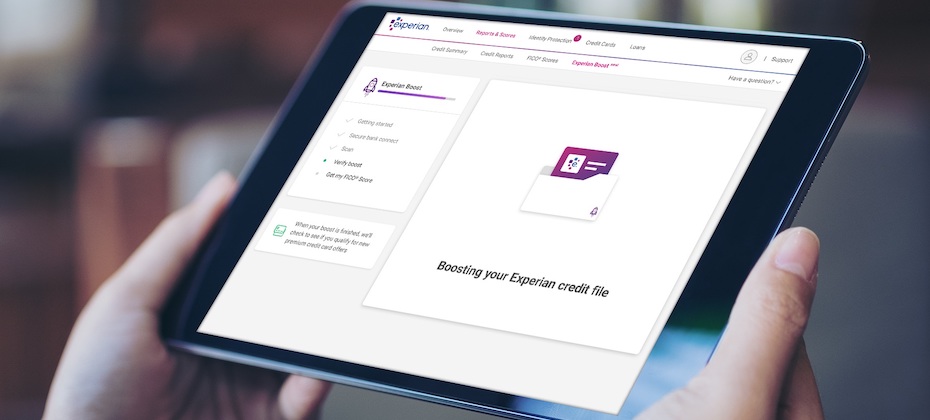
After launching Experian Boost, the first-of-its-kind tool that allows consumers to instantly increase their credit scores, in March 2019 we recently reached a significant milestone. Millions of consumers have boosted their credit scores to the tune of 50 million total points. This means many consumers have improved score bands, saved money with better interest rates, and maybe reached some of their financial goals such as gaining access to credit for a home. In fact, we know our Boost users have gained access to more than 1.7 billion total dollars in credit as a result of improving their credit score. The idea behind Experian Boost is to give consumers control over their credit – to enable them to make real, substantial progress in their financial health journey by getting “credit” for paying bills on time. Our ability to help consumers in a challenging economic climate is what drives us to continue to innovate. For example, we recently expanded Experian Boost to add positive payment history for video streaming services such as Netflix in addition to telecom and utility payments. The benefits to having control and using tools like Experian Boost do not end there. Consumers receive a boosted FICO® Score, which is used by a majority of lenders giving them a great opportunity for credit with better terms. In the first year after launching, we saw one million consumers add a credit card and nearly 250,000 consumers acquired an auto loan. Also, some consumers earned a credit score for the first time. What is also significant about Experian Boost is that this type of financial control and opportunity gives consumers a sense of empowerment, motivation and satisfaction that they can take a positive step in their financial journey. We’ve heard this firsthand from consumers through focus groups, and we even featured some consumers in our commercials who shared their positive experiences in front of the camera. This sentiment of empowerment among consumers is especially important right now as many are struggling financially due to the pandemic. We have many exciting new tools launching in 2021 and will continue to focus on empowering consumers to reach their financial goals. To learn more about Experian Boost, visit www.experian.com/boost.

Does checking my credit report hurt my credit score? How can I improve my credit score? What’s the difference between a credit score and a credit report? These are a few of the questions I most often hear about credit, and the answers to these fundamental questions are essential to financial well-being. Understanding credit scores and the factors that influence overall credit health is important any time, but this is especially true in our current environment. As part of our ongoing commitment to consumer education on the road to recovery, I recently had the pleasure of partnering with Akbar Gbajabiamila, host of American Ninja Warrior, former football pro and financial fitness expert, for an Instagram Live event. Akbar is passionate about helping people develop a financial game plan and he understands having a good credit history is a key component of good financial health. During the Instagram Live event, I answered questions from Akbar’s fans and shared ways to improve your credit score through tools like Experian Boost. In case you missed it, you can watch the video recap on Akbar’s Instagram account (@akbar_gbaja) or at the following link: https://www.instagram.com/tv/CLpbdDJlaQ6/ View this post on Instagram A post shared by 🇳🇬Akbar Gbajabiamila🇺🇸 (@akbar_gbaja) A positive credit history can be the gatekeeper to many of the things we all want in life, and we’re committed to helping facilitate fair and affordable access to credit for all consumers, including those in marginalized communities. This is one of the many reasons I’m passionate about my role at Experian. Educating consumers about credit is an important part of getting the economy as a whole humming again and helping those most in need. If you have additional questions about credit, feel free to check out the free resources below. Additional credit education resources and tools Join Experian’s weekly#CreditChat hosted by @Experian on Twitter with financial experts every Wednesday at 3 p.m. Eastern time. Visit the Ask Experian blog for answers to common questions, advice and education about credit. Add positive telecom, utility and streaming service payments to your Experian credit report for an opportunity to improve your credit scores by visiting experian.com/boost. You can request a free copy of your credit report from each of the three credit bureaus once a week through April 20, 2022 by visiting annualcreditreport.com For additional resources, visit https://www.experian.com/consumereducationor experian.com/coronavirus.

We recognize that COVID-19 has challenged Americans across the country, and nearly a year later, people are still struggling to recover. Among the more pressing issues for people has been navigating the financial landscape and hardships brought on by illness and high unemployment rates. At Experian, we empathize with consumers and are committed to helping them manage their financial lives. As part of this commitment, Experian, along with the other U.S. credit reporting agencies, is continuing to offer free weekly credit reports to all Americans for an additional year via AnnualCreditReport.com. At Experian, we view ourselves as the consumers’ bureau, and aim to help people better position themselves as they recover from COVID-related hardships. We’re proud of our ongoing efforts to assist consumers, particularly during these difficult times. Financial and credit information is constantly updated, and we believe providing consumers with increased access to their credit reports will help them improve their financial health, monitor for lender updates and ensure there is no fraudulent or unfamiliar activity on their credit profiles. We are committed to helping facilitate access to fair and affordable access to credit for all consumers. Our goal is not only to help consumers build credit, but also to effectively manage it. Beyond our continued offering of free credit reports, consumers can access resources and educational materials to help learn about credit and other important personal finance topics. In fact, we recently launched our United for Financial Health project to empower vulnerable populations to improve their financial health through education and action. We’re continually exploring new ways to use our data and resources to empower consumers and to improve their financial health and recover from COVID-19; extending access to free weekly credit reports is just another step in that process.

A year ago, we shifted our business to remote working as the global pandemic took hold. Like the rest of the world, we had no idea how long we’d be away, but we didn’t really imagine we’d still be operating our business with a remote workforce a year later. What a year it has been. It is incredible to look back and reflect on how our lives have changed, how we were able to adapt to this new way of living and working, and really importantly, how we were able to keep innovating to help communities and businesses during this difficult time. We have captured highlights of our work and efforts in our North America annual diversity and inclusion report, 2020 Power of YOU. At Experian, the safety and well-being of our colleagues has consistently been a top priority. As such, we have been able to focus on serving consumers and clients when and where they need help the most. As a company, we expanded our benefits to take care of our employees. Coworkers jumped in to take care of each other. Our employee resource group dedicated to mental health and caregiving partnered with colleagues to create a dynamic set of tools and guides tackling different topics every week through webinars, articles and personal, candid videos from leaders. We supported each other during times of social unrest. We celebrated progress in growing our business. We logged 18,000 volunteer hours to increase financial inclusion, support frontline healthcare workers, honor active duty military and veterans, and fight hunger in underprivileged communities. We leveraged our diversity of perspectives, backgrounds and experiences to help vulnerable populations in crisis from COVID-19, including launching our United for Financial Health program. We remain steadfast and committed to equity for all. We are proud to start the new year with this wonderful look back at last year, propelling us forward to more opportunities to innovate and serve. We invite you to check out the 2020 Power of YOU Report here.

As consumer demand for the digital channel continues to increase at an exceptional rate it has created an opportunity for businesses to serve the growing ranks of connected consumers. The most important thing is for businesses to ensure they are putting the consumer at the heart of the relationship. Experian has been studying insights related to consumer behavior and business strategy throughout the Covid-19 pandemic. For the third wave of our Global Insights Report we surveyed 3,000 consumers and 900 businesses across the globe in January. We observed not only consumer demand for the digital channel increasing but that fact that these trends are persisting. We believe that what started as necessity has turned into a preference. According to the report, 38% of consumers expect to increase their online activity in the next 12 months. Furthering our belief that the preference for digital transactions persists, 60% of consumers are using a universal mobile wallet to make digital payments. We also found that the two top activities among consumers online are personal banking (58%) and ordering groceries and takeout food (56%). The report also shows that security remains at the top of consumers’ minds when they are transacting online. 55%of consumers say security is the most important factor in their digital experience – this is highest in the UK (65%), followed by Japan (64%). All in all, the new research confirms that this shift to online activity, which continues to increase with no indications of slowing down, is a contributing factor to consumers’ growing appetite for digital. In this regard, we found that businesses have taken notice and are investing more resources around the digital experience. In fact, 9 in 10 businesses have a strategy in place related to the digital customer journey. 47% of businesses have put this strategy into place since Covid-19. In addition, more than a third of businesses are increasing staff or support for digital operations and experience. Fraud is the biggest challenge among businesses. However, 55% of businesses plan to increase fraud management budgets. As we move towards a post-pandemic era, and more consumers start to prefer banking and shopping online, a digital channel strategy simply isn’t enough. There needs to be a re-imagined customer journey that connects identity, preferences, products, and service. And data and technology have the power to help transform your customer relationships.

We are excited to announce the annual launch of our Global data management research! This year, we surveyed 700 business leaders across the U.S., U.K., and Brazil to get their perspective on usage of data throughout the pandemic. There’s no question that data initiatives have been on the to-do list for over a decade now, but as the pandemic came storming in, businesses quickly realized that data management never made it to the top of the list. In other words, most businesses were not prepared for the rapid transformation they needed to sustain during the global health crisis because their data, simply, was not ready. There are three major takeaways from this year’s study: An acceleration of digital transformation has made businesses reliant on high-quality data. We find that business priorities have remained the same over the last few years: Customer experience and data security. However, these initiatives are more important than ever before, especially when it comes to digital transformation. Seventy-two percent say an acceleration to digital transformation has made their business more reliant on data and data insights. Why? With dramatic changes in customer buying behaviour during the pandemic, and most employees still working remotely, digital engagement and operations have become key to sustaining business growth during economic crisis. Our research finds that seventy-five percent of respondents say they have seen a dramatic change in their customer’s buying behavior during the pandemic. With stores closed, overwhelmed distribution and shipping warehouses, and unpredictable supply chains (bread flour, anyone?) …businesses need to leverage online platforms, like their website and social media, to stay engaged with customers. Nowadays, it’s not unusual for a brand’s customer experience to be solely digital. Furthermore, with increased online activity and non-essential employees working from home, there’s a chance consumer or operational data could be at higher risk of unwanted actions or unauthorized users. This is where data security plays an important role in keeping records, and the business, safe. From the efficiency of the customer experience online to the data that helps us analyze markets and attitudes changing at a dizzying pace…the right data has become indispensable. The need for a data-driven digital operation and customer experience has made companies realize how mature their data functions are, or where there is opportunity for improvement. Data was not ready to sustain the impact of the pandemic. For many years, we have looked at the maturity level of data quality in the market. Our hope was that this maturity level had increased to handle the new demands and desire for insight. Unfortunately for many, levels of quality data continued to fall short. Fifty-five percent of business leaders say they lack trust in their data assets, hindering their ability to be fully data driven. The level of inaccurate data has remained high over the past five years of this study. Organizations believe about a third of their customer and prospect data is inaccurate in some way. Additionally, only fifty percent believe their CRM/ERP data is clean and can be fully leveraged. Poor data quality creates several roadblocks within organizations, regardless of their maturity. While data can be inaccurate for a wide variety of reasons, such as human error or natural data decay, the impact is the same. Ninety-five percent of businesses have seen impacts related to poor data quality. This could mean that poor quality data damages the reliability of analytics (36%), negatively affects customer experience (32%), and negatively impacts reputation and customer trust (32%). These challenges are difficult to overcome in any economy, especially one facing a pandemic. Another challenging area is the inability to be agile with data. While eighty-four percent of respondents experienced greater demand for data insights, sixty-two percent admit a lack of agility in data processes hurt their response to changing business needs. Ensuring high-quality data and agility within data practices is vital to improve customer experience, streamline operations, and accelerate digital transformation. By investing in data management now, businesses can sustain success despite any future market changes that are out of their control. Investing in data now will help businesses weather the next crisis. Over the next six months, sixty-three percent of organizations see data management initiatives becoming more urgent—and the reason is resilience. Nine out of ten businesses are focused on improving data management resilience to at least some degree over the next year. Businesses are investing in several key areas of data management like improving data quality, refining data governance, moving data to the cloud, and automating data processes. With over three quarters of our respondents saying, “investing in data management initiatives today will help businesses better weather the next crisis,” organizations across industries are hopping onto the data train. This means that businesses need the right: People Processes Technology It’s important for companies to invest in the right areas of data today to recognize return on investment more quickly, build data resilience, and secure their future. During the pandemic, businesses continue to struggle with a lack of technology, data quality, and skills. Data validation software verifies data at the point of capture and can automate the data cleansing process, ensuring data pipelines are accurate and contain valuable insights. This will enable team members to analyze and manage valid data and streamline their time to focus on growth-building strategies. The right people, processes, and tools will not only help a business respond to the challenges they face in today’s environment, but also ensure a stable foundation. Now, more than ever before, have we seen the true power of data. With reliable insights, businesses have the strength to confidently pivot strategies as market shifts arise, sustain the impact of the global health crisis, and prepare for what’s ahead. Read the full report to learn how what you can do today to leverage data to respond to the current global health crisis and prepare for tomorrow. Download the research.

How we shop, how we bank and how we access healthcare — it’s all racing to digital and being mostly consumed at home. It’s the evolution of the “anytime, anywhere, anyone, anything” promise that the Internet made available to us in the 1990s. However, in order to deliver on that promise, we need to be able to reduce the chances of fraud by identifying people no matter where they are or what device they are using. The rise of digital has made being able to identify an individual even more critical. According to a recent Global Insights Report from Experian, there has been a 20 percent increase overall in consumer online transaction activities and 60 percent of consumers have higher expectations of their digital experience than before Covid-19. The challenge companies are currently facing is how to digitally identify individuals while maintaining a positive consumer experience. They need to rely on new technologies including data, biometrics, identity graphs and AI. When it works right, our experiences are more convenient, safer and it creates time for us to focus on other aspects of our lives. At Experian, we are committed to leading the race to digital identity. We use our more than 40 years of experience with success in matching, managing, and protecting identities and personal data combined with today’s most advanced technologies, including AI and machine learning to confirm the identity of an individual. Specifically, Experian is an identity leader in the following areas that impact our society on a daily basis: Fraud Prevention Being able to spot the good guys from the fraudsters is strictly dependent on establishing identity. At the most basic level, we need to be able to verify an individual as a real person and authenticate that they are who they say are. Businesses also need to ensure that the extra secure measures added in order to prove someone’s identity don’t cause too much friction. Today’s consumers are looking for both a convenient and safe experience. In fact, according to our 2020 Global Identity & Fraud Report, 74 percent of consumers said security was their top priority in their online experience, with convenience following closely behind. Most recently, Experian has focused on allowing businesses to reduce both fraud and friction as the world migrates towards a touchless society. Connecting with Consumers Identity is the foundation of the marketing ecosystem. It enables marketers to deliver relevant messages to customers across their most preferred digital channels. But with consumers jumping from device-to-device throughout the day, hundreds of digital touchpoints are created, and connecting these together to build a digital identity can prove challenging. Add to that, the deprecation of third-party cookies, disparate data sources and walled gardens, digital identity can feel like an uphill battle. Experian is committed to helping marketers address the digital identity challenge, connecting offline and digital identifiers into one single customer view. This will help marketers gain a clearer view of their customers across the buying journey and seamlessly deliver relevant content across all digital devices. Healthcare More than half of all deaths that are attributed to medical errors are due to identification mistakes. Despite some giant technological advances in recent years in patient management, achieving accurate and complete patient records remains a major challenge for the U.S. healthcare industry. It’s estimated that around 70 percent of patient data held in electronic health records is incomplete or inaccurate, and up to half of all patient records may not be linked correctly. Unreliable patient data presents some huge problems for health systems, from flawed diagnoses and treatment errors to unreliable analytics and billing mistakes. As patient portals become the new “digital front door” to access care services and manage things like scheduling and payments, and telehealth gains traction as a preferred care modality, fraudulent activity in healthcare will accelerate to an all-time high. Experian helps with healthcare’s largest challenges, including duplicate medical records, mistaken patient identities, pharmaceutical abuse and associated rising costs for patients and providers. We are committed to the industry-wide adoption of Universal Patient Identifiers on the part of providers, pharmacies, payers and other stakeholders in order to improve patient safety and improve industry standards. Combating Synthetic Identities Synthetic identity fraud, where criminals combine real and fake information to create fake identities, is the fastest growing financial crime in the United States. A critical step for lenders to protect their portfolios and manage risk is confirming whether a consumer who is applying for credit is real or not. The earlier in the process this is done, the better. Experian’s fraud prevention solutions, such as Sure Profile, help lenders differentiate between real people and potentially risky applicants, so lenders can confidently increase application approvals with less risk. Businesses are faced with more competition than ever before and consumer behavior is shifting at an unprecedent pace. Being able to identify an individual whether online or offline is critical in today’s environment. Businesses that don’t embrace technology in order to keep up with the changing needs of consumers will be left behind in the race to digital identity.

There hasn’t been many world events that have occurred during my 25+ year career that have had such an impact on cybersecurity as the pandemic. As I reflect on the approximate one year mark since we first heard about COVID-19, it’s truly been one for the record books. This is not relative to numbers such as the amount of data breaches that have been caused by the pandemic, but more so because of the long term ramifications. The pandemic opened up many new cyber scams and threat vectors as well as more vulnerable targets due to rapid and – at times – rushed changes organizations had to undertake in order to respond. A good cyber review of 2020 can be found here. Now we are at a tipping point with societal and operational changes companies and cybersecurity professionals will need to grapple with for a long time. I addressed how some of these will affect 2021 in my annual Data Breach Industry Forecast. As we forge ahead, there are two key areas I see as major security concerns with long-term impact: Remote working is here to stay There is no turning back in how, and more importantly, where we do business. What that means is a larger workforce working from home, which spurs a number of concerns and vulnerabilities from a security standpoint. Businesses now have a much broader threat landscape to protect. Not only that, but families need to tighten their security hygiene as well for their personal devices since criminals know we are spending more time at home using these tools. I predict that operationally there will be new strategies to protect systems and a rethinking of best practices in addition to a flurry of new protection software and other technologies to better protect this at-home frontier. Companies will also need to create new trainings for its employees and find better defenses for social networking attacks like spear phishing. Healthcare will never be the same That line is an understatement. Unfortunately, cybercriminals will not take pity and leave the embattled industry alone. Medical information is very lucrative and thieves will continue to take advantage of healthcare organizations’ focus on the pandemic. But they must address security, especially with advancements here to stay such as telehealth. In fact, I envision that operationally we’ll see more third party data breaches as more providers engage outside suppliers for their digital offerings. Also, with increased digital visits there could be more patients visiting smaller clinics or diagnostic testing centers for further evaluations or tests, which opens up more roads where patients’ information is flowing back and forth. Organizations will need to shore up third party security protocols and expectations to try to prevent this type of data breach. We are only at the beginning of this journey to overcome unexpected challenges and manage new ways of conducting business. For more commentary and updates on the cyber-demic, follow my LinkedIn monthly digest.
